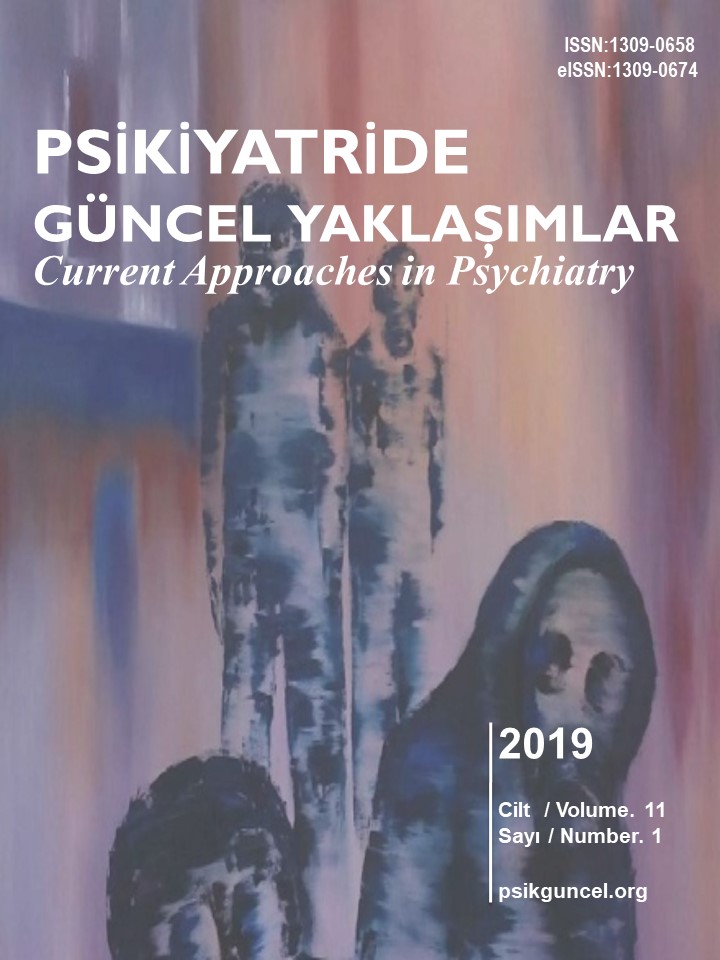The Roles of Self-Esteem and Attachment within the Framework of Terror Management Theory
The Roles of Self-Esteem and Attachment within the Framework of Terror Management Theory
Author(s): Volkan KoçSubject(s): Psychology
Published by: Çukurova Universitesi Tip Fakultesi Psikiyatri Anabilim Dalı
Keywords: terror management theory;attachment;self-esteem;
Summary/Abstract: Built upon the idea that human beings, as the only species whose members are aware of their own consciousness and future death, have to come up with a system to deal with this awareness, Terror Management theory aims to shed light on the mechanisms that human beings have developed in order to avoid the cold fact of death. According to Terror Management Theory, culture serves as an anxiety buffer against death by offering either a literal or symbolic immortality. The sense of protection and safety provided by the parental care in childhood is sought in the worldview in adulthood; just like a child acting in a way to please her/his parents to maintain their affection and care, an adult attains the sense of safety by acting in compliance to her/his worldview. At this point, self-esteem comes into the equation; individuals with high self-esteem experience more sense of compliance with their worldview than those with low self-esteem, and they feel less anxiety when their mortality is reminded to them. Recent research links these with attachment styles. Relationships with the environment and the primary caregiver in early childhood can be determinative on self-esteem. In this study, it is aimed to review the ideas presented here and developed within the framework of Terror Management Theory, and to discuss the benefits that can be drawn from their findings, especially in regards to clinical applications.
Journal: Psikiyatride Güncel Yaklaşımlar
- Issue Year: 11/2019
- Issue No: 1
- Page Range: 129-139
- Page Count: 11
- Language: English

